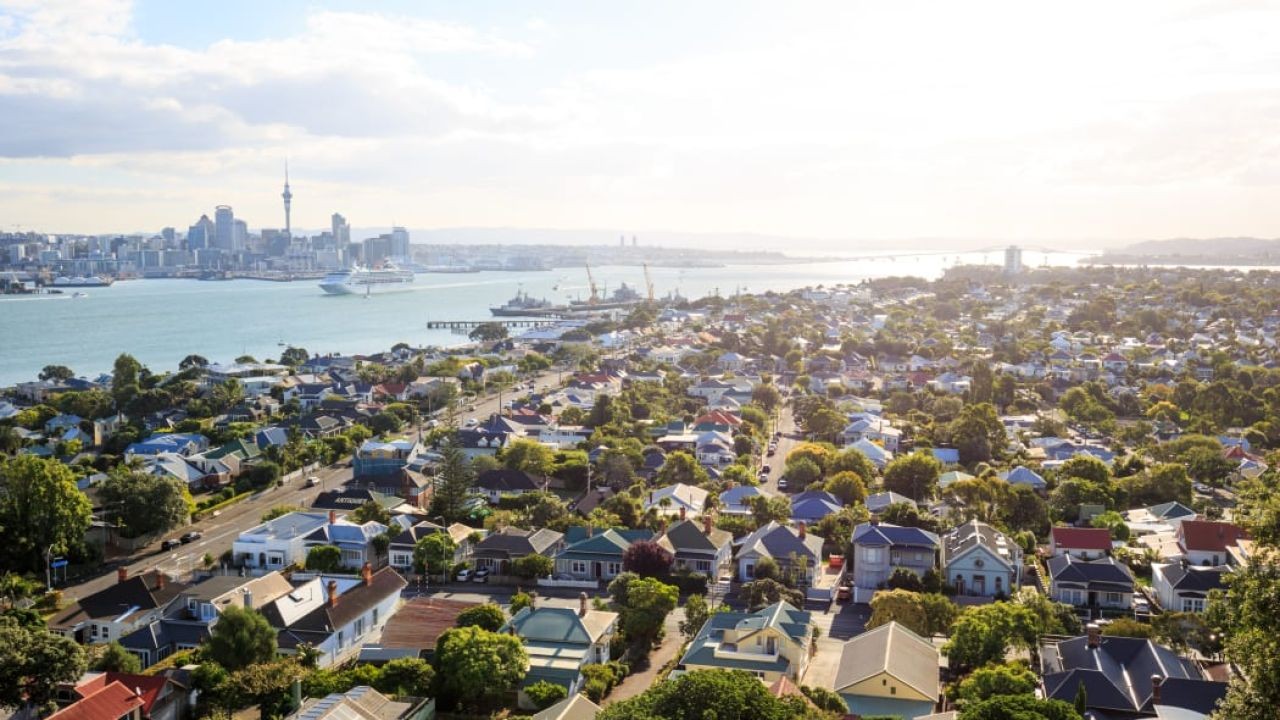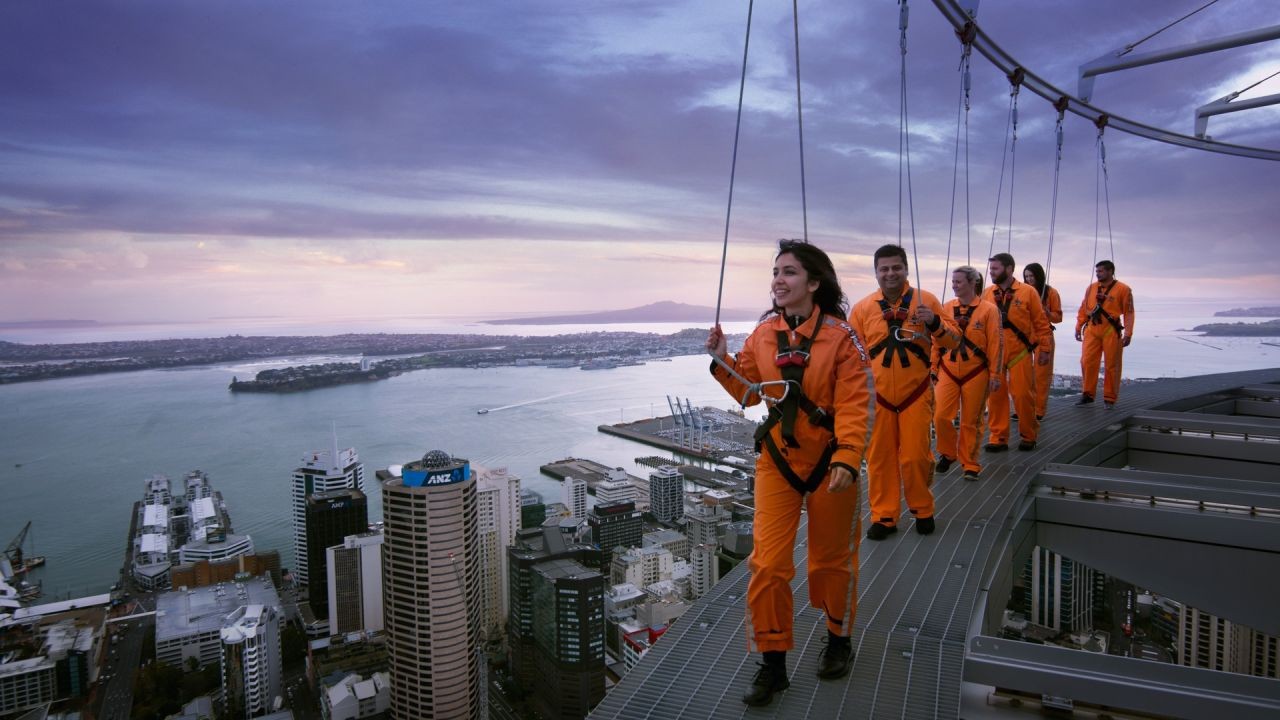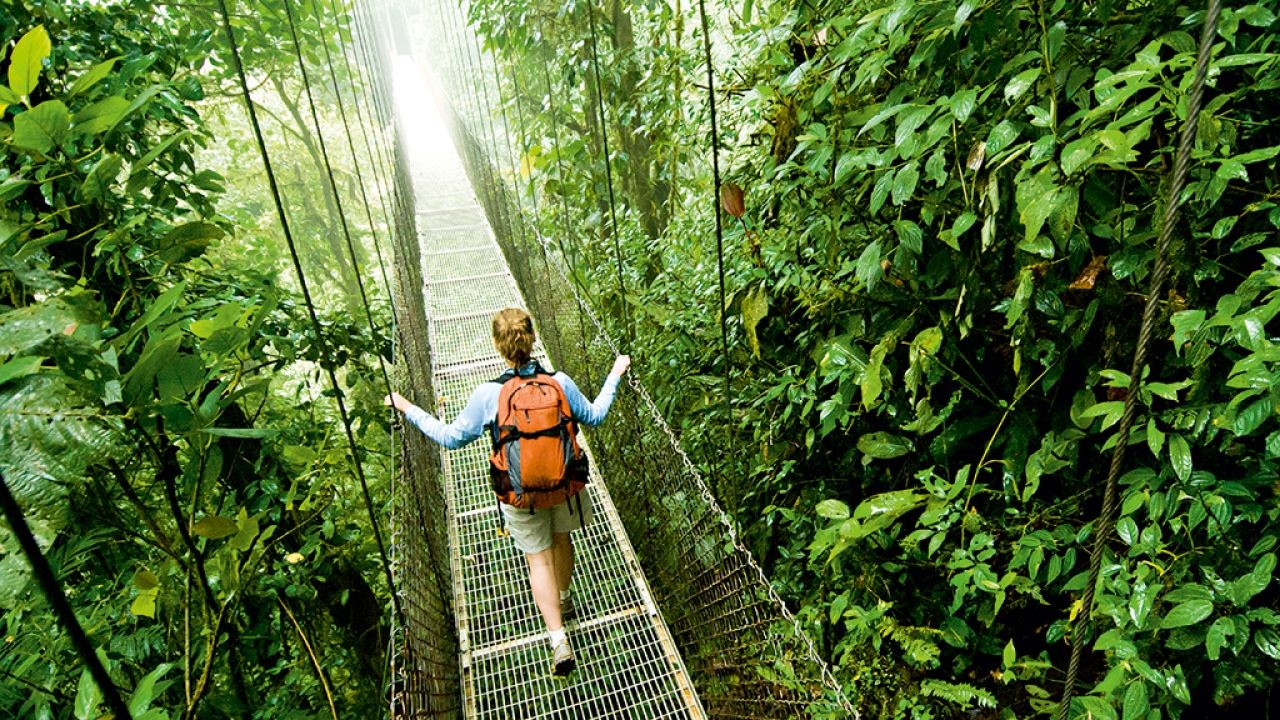In the wake of the global pandemic, New Zealand has emerged as a formidable contender in the global film production arena. Known for its stunning landscapes and robust infrastructure, the country is not just a backdrop for films but a thriving hub for production and innovation. This article delves into New Zealand's role in global film production post-pandemic, providing a comprehensive analysis of its impact, opportunities, and challenges.
New Zealand's Cinematic Renaissance: A Post-Pandemic Perspective
New Zealand's film industry has long been celebrated for its visual grandeur and the success of films like "The Lord of the Rings" trilogy. However, in the post-pandemic world, its significance has grown exponentially. With strict COVID-19 management and a proactive approach to reopening, New Zealand positioned itself as a safe and attractive destination for international film crews. But what are the real implications of this newfound prominence?
🌟 Pros of New Zealand as a Film Production Hub
- Stunning Locations: From the rolling hills of Matamata to the dramatic landscapes of Fiordland, New Zealand offers diverse filming locations that are both unique and breathtaking.
- Skilled Workforce: The country boasts a highly skilled workforce, with local talent familiar with both international standards and cultural nuances, ensuring high-quality production outcomes.
- Government Support: The New Zealand government has been proactive in supporting the film industry, offering competitive tax incentives and grants to attract international productions.
- Technological Advancements: Investment in cutting-edge technology and facilities, such as the Weta Digital effects house, positions New Zealand at the forefront of cinematic innovation.
🔻 Cons of Filming in New Zealand
- Geographical Isolation: While New Zealand's isolation adds to its allure, it can also increase travel costs and logistical challenges for international crews.
- Limited Studio Space: Despite recent investments, there is still a shortage of large studio spaces to accommodate simultaneous big-budget productions.
- Regulatory Hurdles: Navigating New Zealand's regulatory environment can be complex, particularly for productions unfamiliar with local laws and requirements.
Case Study: "Avatar" Sequels and New Zealand's Production Appeal
Problem: "Avatar," one of the highest-grossing films of all time, required cutting-edge visual effects and expansive, varied landscapes for its sequels. Production was planned during a period of significant global uncertainty due to the pandemic.
Action: James Cameron's team chose New Zealand due to its successful management of COVID-19, extensive natural landscapes, and advanced film technology infrastructure. The New Zealand government facilitated the process by fast-tracking entry for the crew and offering financial incentives.
Result: The production of the "Avatar" sequels in New Zealand proceeded with minimal disruption, showcasing the country's ability to handle large-scale, high-tech projects. This move reinforced New Zealand's reputation as a premier location for blockbuster productions.
Takeaway: The success of the "Avatar" sequels in New Zealand highlights the country's capabilities in supporting large-scale productions through strategic government policies and technological prowess.
📊 Data-Driven Insights: Economic Impact
According to Stats NZ, the film industry contributes approximately NZD 3.3 billion annually to the New Zealand economy, supporting over 16,000 full-time jobs. The government's support through the New Zealand Film Commission's Screen Production Grant is a significant driver, attracting major international projects that contribute to this economic impact.
Myths & Mistakes in Film Production in New Zealand
Myth: "New Zealand is too small to compete globally." Reality: Despite its size, New Zealand consistently ranks as one of the top destinations for film production, thanks to its unique landscapes and strategic industry support.
Myth: "Production costs are higher in New Zealand." Reality: While travel costs may be higher, New Zealand offers substantial tax incentives and grants that often offset these expenses, making it a cost-effective choice overall.
Controversial Take: The Sustainability Challenge
While New Zealand's film industry is booming, the environmental impact of increased production cannot be ignored. The challenge lies in balancing growth with sustainability. Industry insiders suggest that adopting green production practices, such as using renewable energy and reducing waste, could position New Zealand as a leader in sustainable filmmaking. However, this requires significant commitment from both local and international stakeholders.
Future Trends & Predictions for New Zealand's Film Industry
By 2028, it is predicted that New Zealand will host 15% more international productions annually, driven by advancements in virtual reality and green screen technology (Source: MBIE Film Industry Report 2023). Additionally, the adoption of virtual production techniques could minimize the environmental footprint of filmmaking, aligning with global sustainability goals.
Conclusion: Embracing Opportunities and Overcoming Challenges
New Zealand's post-pandemic role in global film production is a testament to its resilience and innovation. As the industry continues to evolve, the focus must remain on leveraging technological advancements and sustainable practices to maintain its competitive edge. For producers, the message is clear: New Zealand offers a unique blend of natural beauty, skilled talent, and supportive policies, making it an ideal destination for the future of filmmaking.
What’s your view on New Zealand's film production landscape? Share your thoughts and join the conversation below!
People Also Ask (FAQ)
- How does New Zealand's film industry impact its economy? The film industry contributes over NZD 3.3 billion annually to New Zealand's economy, supporting thousands of jobs and attracting international productions.
- What are the biggest misconceptions about filming in New Zealand? A common myth is that production costs are prohibitively high, but tax incentives and grants often offset these expenses.
- What are the best strategies for sustainable film production in New Zealand? Experts recommend incorporating renewable energy sources, reducing waste, and leveraging virtual production techniques to minimize environmental impact.
Related Search Queries
- New Zealand film production incentives
- Sustainable filmmaking in New Zealand
- Impact of COVID-19 on New Zealand's film industry
- New Zealand's contribution to global cinema
- Virtual production techniques in New Zealand



































ernabowden4880
7 months ago